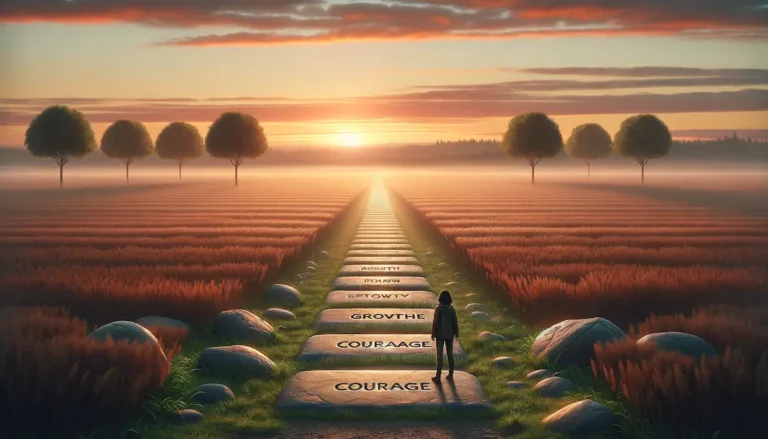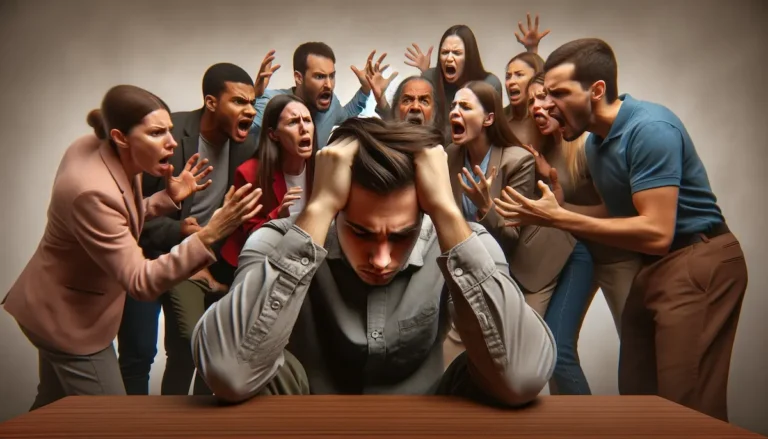Anxiety: 2020’s Frenemy
Stress is paradoxical. Here’s how to use it for good.
2020 has been provocative, heavy, and hard.
Hypervigilance is the new normal.
Our bandwidth has been stretched beyond belief. There’s so much to make sense of. Attend to. Contend with. Anxiety can feel inevitable. And the most unwelcome of guests.
As we grapple with the gravity of the pandemic, continued systemic racism, violence, and socio-political unrest within the constant news and social media cycle, it can feel near impossible not to be overridden with anxiety. This is natural, but not necessarily all bad all the time.
Anxiety is paradoxical. Just like a frenemy, one who both adds value and creates strife, we can evaluate ways to harness its helpful nature and protect against its destructive side.
When anxiety befriends us, it can nudge us to deeper levels of conscientiousness and action.
It can spur on better care of ourselves and one another.
It signals us to be more aware, compassionate, and intentional. We cannot go on business as usual. Our mindsets and behaviors need to pivot.
As individuals, if it wasn’t clear before, it is now certain that the times are calling for us to make nurturing our mental health the new imperative. This is what our minds, bodies, and souls require to remain resilient and sustain the stressors we face.
The anxiety we experience collectively can also be beneficial.
It can help us make needed changes as a society. It can fuel movements that call out white supremacy and caste structures that have for too long been given license to hate, discriminate, and obliterate.
Being uncomfortable can prompt needed shifts that lead to long-overdue reform. Collective angst can serve us well if we can maneuver out of the fight, flight, and freeze primitive instincts and see it as a call for action. Anxiety begets action.
Anxiety can also antagonize us. It can be paralytic. We anticipate. Ruminate. Perseverate. Feel hopeless and stuck. When will this end? How long can we endure? The what if’s rent constant space in our heads.
The enemy side of anxiety can erode the quality of our lives if we do not remain attuned with the actions we can take to stay well and do well.
Science shows that anxiety can be mitigated through a wide range of evidence-based strategies to help us endure the many serious disruptions we face:
Harness the positive “friend” sides of stress and anxiety:
Recognize your need for intentional self-care. Discomfort is a signal we need to be strategic. Strive to integrate mind, body, and soul boosting activities into your daily routines.
Listen to the cues of your brain and body. Take time for fresh air, nature, rest, and fun. Scan what you need movement-wise, nutritionally, and be sure to get proper sleep. Leisure and humor are often seen as luxuries even though they have the science to back them up as needed outlets. Anxiety is aided when we override our bodies’ signals and neglect to carve out needed space to recalibrate, replenish, and to create spaces for joy.
Affirm yourself in your conscientiousness. If you weren’t anxious during such trying times, it could signal apathy, complacency, disassociation or alignment with injustice. These are upsetting times. When we value love, justice, equity, access, Black Lives, health, well-being, a deep connection in relationships, routines, opportunities to contribute positively, travel and move freely, our anxiety is going to escalate when so much harm is happening. Your anxiety reflects that you care.
Shift from “me” to “we”. Direct your adrenaline to make needed changes that positively impact you and society. Use your time and resources to contribute. Science shows this is protective. That is what we are here for.
Guard against the negative “enemy” sides of stress:
Rethink primitive responses to stress. Avoid using terms like “never” and reinforcing negative self-and societal statements. Constant attachment to media and social media brouhaha can be a slippery slope. Leeching off negativity 24-7 can lead to poor individual and collective outcomes. Work to look at the big picture and recognize that human progress and healing are in our reach.
Check your fight reflex. Stress can increase fear and hostility. Anxiety and anger are often intertwined. Seek ways to be more empathic, compassionate, and patient with yourself and one another.
Check your flight reflex. The temporary numbing effects of substances, food, alcohol, and other forms of escape might exasperate your anxiety over time.
Check your freeze response. Anxiety knows how to turn us into deer in headlights. If you are stuck and feel impeded from investing in self-care and proactive measures, consider tenets of behavior change. Pick 1-2 small SMART (specific, measurable, attainable, realistic and time-bound) to chip away at.
Anxiety is truly a frenemy that can bring out the best and worst in us. Consider ways you can mobilize your adrenaline to invest in a process of individual and collective care.





